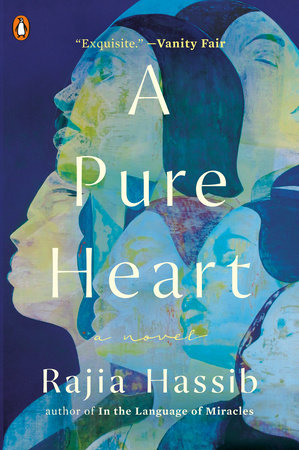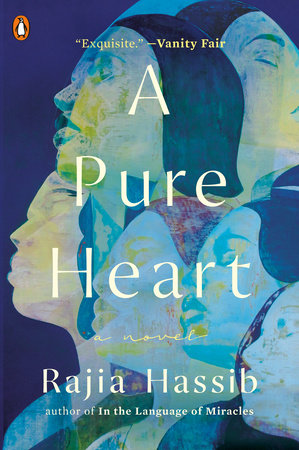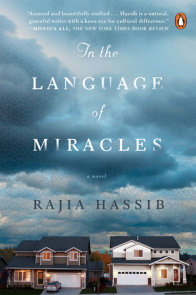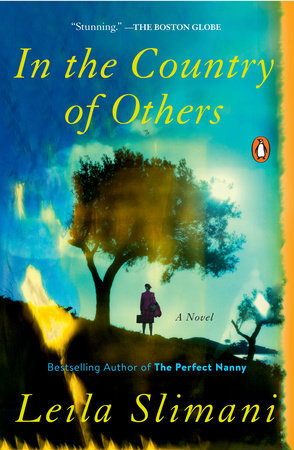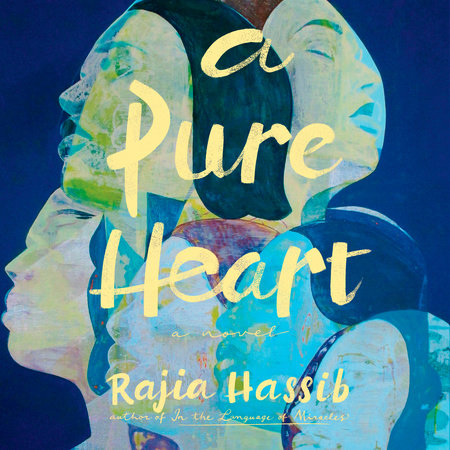

A Pure Heart
By Rajia Hassib
By Rajia Hassib
By Rajia Hassib
By Rajia Hassib
By Rajia Hassib
Read by Ariana Delawari
By Rajia Hassib
Read by Ariana Delawari
Category: Women's Fiction | Literary Fiction
Category: Women's Fiction | Literary Fiction
Category: Women's Fiction | Literary Fiction | Audiobooks

-
$17.00
Aug 04, 2020 | ISBN 9780525560074
-
Aug 06, 2019 | ISBN 9780525560067
-
Aug 06, 2019 | ISBN 9781984889621
621 Minutes
Buy the Audiobook Download:
YOU MAY ALSO LIKE
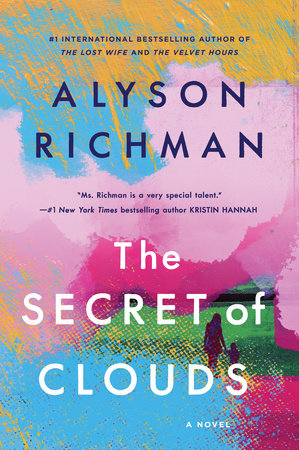
The Secret of Clouds
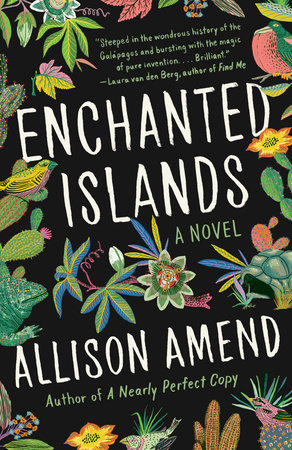
Enchanted Islands
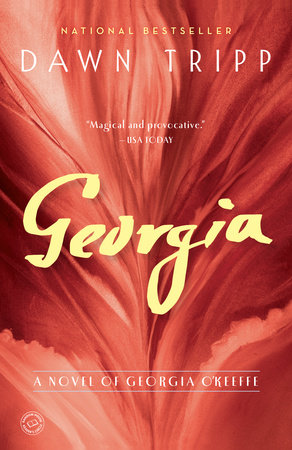
Georgia
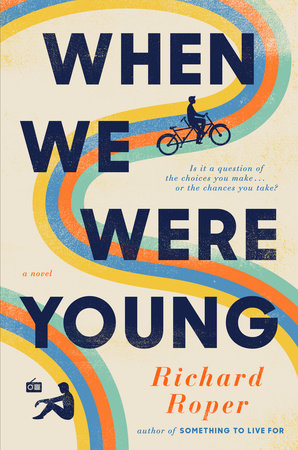
When We Were Young
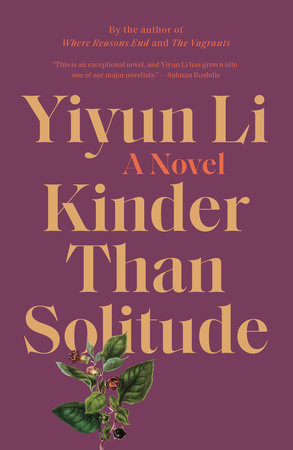
Kinder Than Solitude

Mary Coin
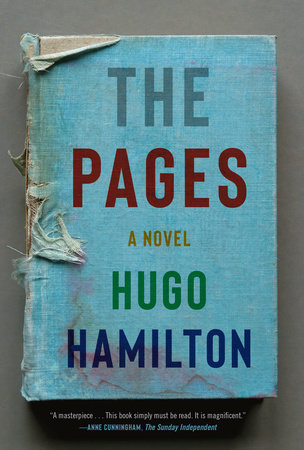
The Pages
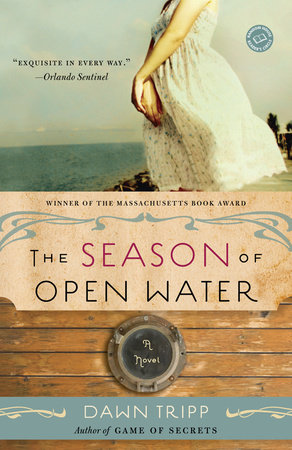
The Season of Open Water
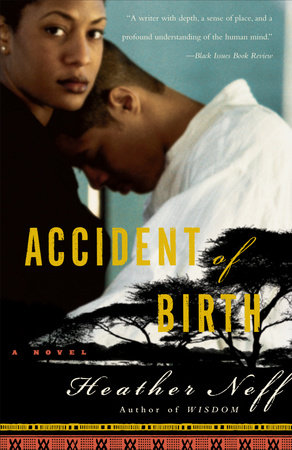
Accident of Birth
Praise
Praise for A Pure Heart
“In A Pure Heart, Hassib, herself an Egyptian immigrant living in West Virginia, articulates the full-bodied chorus of Egypt’s voices—even that of Saaber, the 21-year-old extremist bomber who is afforded a few of his own impassioned, nuanced asides as he struggles to interpret God’s intention for him—dismantling stereotypes of her country and culture. In so doing she exposes mankind’s best and worst qualities, our universalities and differences, illuminating all the while the myriad ways in which a heart can be pure.”
—Noor Brara, The New York Times Book Review
“A lovely novel about the bonds of family and how religion can bring people together as well as tear them apart. . . . Hassib structures it beautifully—while there’s real suspense in the book, it’s not at the expense of the characters, who are each given ample space to tell their own stories, reveal their own motivations. . . . Hassib displays a keen understanding of how the relationships between spouses, siblings, and parents and children play out during times of stress. . . . Hassib doesn’t settle for easy answers; she understands that scars never completely heal. . . . Hassib is a perceptive writer with a real understanding of how people act—not how they ought to act—and A Pure Heart is a novel that’s as honest as it is engrossing.”
—Michael Schaub, NPR.org
“Set in the aftermath of Egypt’s Tahrir uprising, this novel follows two sisters as they navigate complicated geopolitics and their own differences. . . . After Gameela dies . . . Rose struggles to unearth the secrets of a sister she never truly knew, who emerges as a fascinating enigma, full of contradictions.”
—The New Yorker
“Exquisite. . . . Anchoring the story is a pair of Cairo-born sisters whose fates spin in radically different directions in the wake of the Egyptian revolution. . . . A lovely novel that does a remarkable job of bringing troubling realities to light, and life.”
—Vanity Fair
“A remarkable novel split between Egypt and the US. . . . A deep dive into questions of race, gender, class, religion, and, most crucially, personality. . . . A Pure Heart is poised, intelligent, very grown-up writing, equally at home in all its environments.”
—The Guardian
“A Pure Heart is an emotional portrait of sisterly relationships and how political strife and change affects even the most personal aspects of our lives.”
—Real Simple‘s “Best Books of 2019 (So Far)”
“A profound and deeply affecting examination of fate and free will, family and identity, sin and redemption, and the unique bond between sisters.”
—Buzzfeed’s “Summer Books to Be Excited About”
“A timely, sweeping tale that examines the intersection of fate and choice, the pull of culture and identity, family and love. . . . A complex story that showcases Hassib’s skill at crafting convincing psychological shifts in her characters. . . . Beautifully written.”
—Kathryn Burak, The Boston Globe
“[A] gripping contemporary novel about two Muslim sisters. . . . When one sister is killed, the other uncovers continuous challenging questions in her quest for understanding and closure.”
—Ms. Magazine
“[A] touching novel.”
—Bustle
“Multifaceted characters with secrets. . . . Hassib’s novel shines as one of the finest explorations of identity, religion, and culture in modern American literature. . . . As the characters traverse the sands of Egypt, skyscrapers of New York City, and mountains of West Virginia, the accumulated perspectives deliver uniquely personal stories and universal truths. . . . A Pure Heart brilliantly illuminates the complications of our world. . . . A furvent illustration of the strength and beauty of familial bonds, ties that persist even after death.”
—Southern Literary Review
“A Pure Heart grapples with the question of how to be many things at once. . . . Hassib is especially talented at rendering the small details of daily Egyptian life—not in some exoticized fashion but rather as a foundation on which to lay the wide variety of experiences, ideologies, and aspirations of the country’s citizenry. These details found throughout the book, shine. . . . What’s most impressive about A Pure Heart . . . [is] the novel’s meditation on the nature of multiple identities.”
—Omar El Akkad, BookPage (starred review)
“A multifaceted look at the complicated legacies of identity, religion, and politics in Egypt after the Arab Spring emerges. Even the story of the suicide bomber is given careful consideration in this enlightening, heartrending novel.”
–Booklist (starred review)
“[A Pure Heart] fluidly explores how even seismic historical events can mix with everyday emotions such as sibling rivalry and insecurity to concoct a potent brew. . . . A devastating definition of the new normal in which revolution does not always deliver real power to institute change.”
—Kirkus Reviews (starred review)
“A profound tale of two Egyptian Muslim women in the 21st century, and the decisions they make in work and love that determine their destinies. This is a timely, thought-provoking novel that explores the intersection of religion, identity, and politics in the aftermath of the Arab Spring.”
—BookRiot‘s “7 of The Buzziest Beach Reads of The Year”
“Hassib’s impressive second novel is a fascinating depiction of sisters Rose and Gameela, their shared heritage, and the country that ultimately divides them. . . . Hassib seamlessly transports the reader from one culture to another, eloquently showcasing the triumphs, heartaches, and beliefs shared by the protagonists.”
—Publishers Weekly
“Hassib draws an intimate portrait of contemporary Egypt, deftly explaining the complexity of political viewpoints regarding the revolution and post-revolutionary years. Through her characters, she shows the subtle differences in class, culture, and religious belief that can cause fractures in families, marriages, and societies. . . . Giving a voice to everyone, even the bomber, Hassib displays empathy and compassion steeped in a deep knowledge of her subject. Recommended.”
—Library Journal
“Although the weighty issues tackled here have defeated many novelists . . . Hassib folds them evenly into an intricate tale that doubles as an intimate portrait of sibling bereavement and a wide-lens take on Egyptian politics after the Arab Spring.”
—Metro Newspaper
“Written with eloquence and beauty . . . This book stayed with me long after I finished it.”
—Nina Pottell, Prima Magazine
“An eloquent read.”
—IMAGE Magazine
“A captivating novel about family, love, and home. Hassib masterfully excavates the secret loyalties that drive women to make fateful choices and, in so doing, explores important themes of guilt and responsibility, shame and forgiveness.”
—Laila Lalami, author of Pulitzer Prize finalist The Moor’s Account
“Full of intelligent reflections about exile, this moving novel about two Egyptian sisters—one in New York, the other in Cairo—carefully dramatizes the curdling of individual dreams in the aftermath of the Arab Spring.”
—Karan Mahajan, author of National Book Award finalist The Association of Small Bombs
“A stunner of a book. Weaving through the lives of two sisters split by destiny, Hassib’s latest novel is a story of excavation: of countries and people. With the Egyptian revolution as backdrop, Hassib masterfully explores the loyalties, geographies and histories that can both partition and bind family.”
—Hala Alyan, author of Dayton Literary Peace Prize and Arab American Book Award winner Salt Houses
“It would be unjust to call Hassib’s A Pure Heart anything but heartbreaking and beautiful. Nearly every character is trapped between political, religious, and geographic extremes, trying to figure out who they are and what they love. These goals are always in sight, but, for some, ever beyond reach.”
—Ian Bassingthwaighte, author of Live from Cairo
“Rajia Hassib’s latest novel is a lyrical, heartfelt reflection on the Egyptian revolution as well as on the painful secrets that separate two sisters.”
—Susan Muaddi Darraj, author of Arab American Book Award winner A Curious Land
Praise for In the Language of Miracles:
“Assured and beautifully crafted. . . . Hassib is a natural, graceful writer with a keen eye for cultural difference. . . . [She] handles the anatomy of grief with great delicacy. . . . In the Language of Miracles should find a large and eager readership. For the beauty of the writing alone, Hassib deserves it.”
—Monica Ali, The New York Times Book Review
“Impressive. . . . From [Hassib’s] first page to her denouement we can be gripped and moved by a study of the fault-lines within an immigrant family.”
—The National
“Hassib writes with an authority uncommon in debut writers; in this important book, she weaves the beauty of Arabic culture with the harsh realities of modern American life with exceptional insight and poetic ease.”
—Bustle.com
“[A] sensitive, finely wrought debut. . . . Sharply observant of immigrants’ intricate relationships to their adopted homelands, this exciting novel announces the arrival of a psychologically and socially astute new writer.”
—Kirkus Reviews (starred review)
“[A] stellar debut. . . . Thoughtfully examining the role of religion and prayer, parents and grandparents, this rich novel offers complex characters, beautiful writing, and astute observations about the similarities and differences between the Egyptian and American outlooks on life. It would be difficult to find a better book for any discussion group; highly recommended.”
—Library Journal (starred review)
“Spoken words are all powerful in Rajia Hassib’s masterful book about thought vs. action. Whether the characters are explaining, questioning, or stating their deepest beliefs, though, conversation never creates anything; it’s the human response to the life that subsumes us, whether we’re active or passive. In the face of tragedy, and even great happiness, abstractions fall away; the personal and particular endure. It’s a very moving book.”
—Ann Beattie
“Smart, nuanced and culturally dazzling, In the Language of Miracles is a heartrending story of Egyptians and Americans, of two families whose lives are intertwined and then unraveled by fate. Hassib’s writing has an intoxicating quality that made this a page-turner, but by the end, her beautiful story surpasses its characters in its unflinching investigation of tragedy, mental illness, and healing across two cultures in conflict.”
—Zoë Ferraris, author of Finding Nouf and City of Veils
“Rajia Hassib’s In the Language of Miracles is a tautly told story of one family’s grief and the quiet but daunting burden of survivorship. She has deftly captured their individual struggles as they swim through the deep waters of loss and blame. We turn page after page and hope, as all bereaved do, that there’s a chance for healing.”
—Nadia Hashimi, author of When the Moon Is Low and The Pearl That Broke Its Shell
“Rajia Hassib’s timely novel is a gripping, hold-your-breath exposé about being Muslim in post-9/11 America where the heinous act of one can demonize all. But it’s also a universal, multi-generational, immigrant tale. The old-world, Egyptian grandmother’s bungled English, her prayers and incense, rub against her American-born, tech-savvy grandchildren’s bungled Arabic and Western music. It’s an intelligent, beautifully rendered reminder that no matter our ethnicity or creed, we all long for acceptance and a place to call home.”
—Marie Manilla, author of The Patron Saint of Ugly
“Rajia Hassib has a finger on the pulse of two languages and two cultures. She deftly spins an honest tale of a family reeling in the wake of tragedy, all the while exploring the subtle complexities embedded in communication, culture, and human relationships.”
—Laila Halaby, author of Once in a Promised Land
21 Books You’ve Been Meaning to Read
Just for joining you’ll get personalized recommendations on your dashboard daily and features only for members.
Find Out More Join Now Sign In








